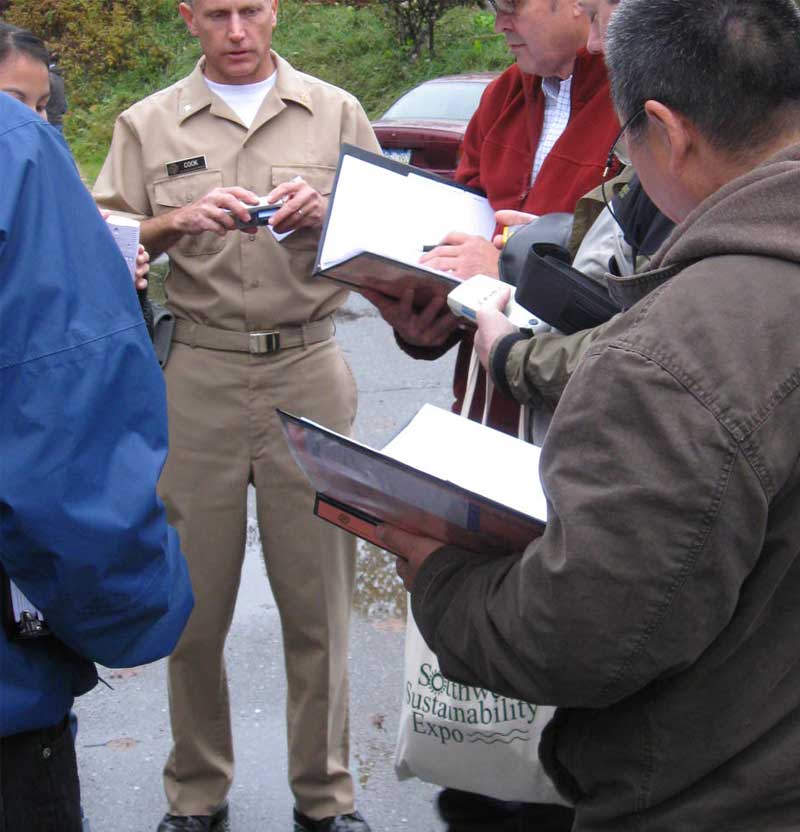Service Request
The EEOP staff looks forward to serving your school and students. In order to make best use our limited resources we offer the following guidelines:
- Please plan in advance. Usually we need several weeks or even months advance notice.
- To facilitate communications, we appreciate being able to use email, however we may also suggest a conference call to work out the details.
- The EEOP staff should NOT be left in the classroom to supervise students without a teacher present from the school. We want to work with both students and teachers.
- In general, our services are available at no cost to schools that serve Native American students, however for some projects we may ask for a cost share from the school.
- With occasional exceptions, we prefer that you NOT combine classes for our presentations and projects. We generally prefer working with smaller groups.
- If significant travel is required to get to your school, we need to schedule several presentations to justify the travel time and expenses.
- Information about your school and classes will help us prepare for your group. The purpose of the Service Request form is to help us deliver better services for your students.
- Service Support
Summary of Programs and Services Available
| Program | Region | Grade Levels | Locations |
|---|---|---|---|
| Campus Visits | Arizona, New Mexico, Utah | Middle Schools, High Schools | NAU Campus |
| Classroom Presentations | See Below | See Below | See Below |
| Summer Scholars 2010 | Arizona Plus | 6th to 11th | NAU Campus |
| Indoor Air Quality (IAQ) Building Assessments | National | Elementary, Middle and High School, Tribal Colleges | School Sites |
| Air Quality Education | National | Elementary Schools, Middle Schools, High Schools | School Site, NAU Campus |
| Engineering Outreach Program (EOP) | Arizona | Middle School, High School | School Site, NAU Campus |
| Wildlife in Native Schools | Arizona | Middle School, High School | NAU Campus |
| American Indian Mobile Educational Resources (AIMER) | Arizona, New Mexico, Utah | Elementary Schools, Middle Schools, High Schools, Community Events | School Site, NAU Campus, Community Site |
| Water Education and Outreach | Arizona, New Mexico, Utah | Elementary Schools, Middle Schools, High Schools | School Site, NAU Campus, Field Trips |
| Climate Change Education | National | Elementary Schools, Middle Schools, High Schools | School Site, NAU Campus |
| Family Math Night | National | Elementary Schools, Middle Schools | School Site |


